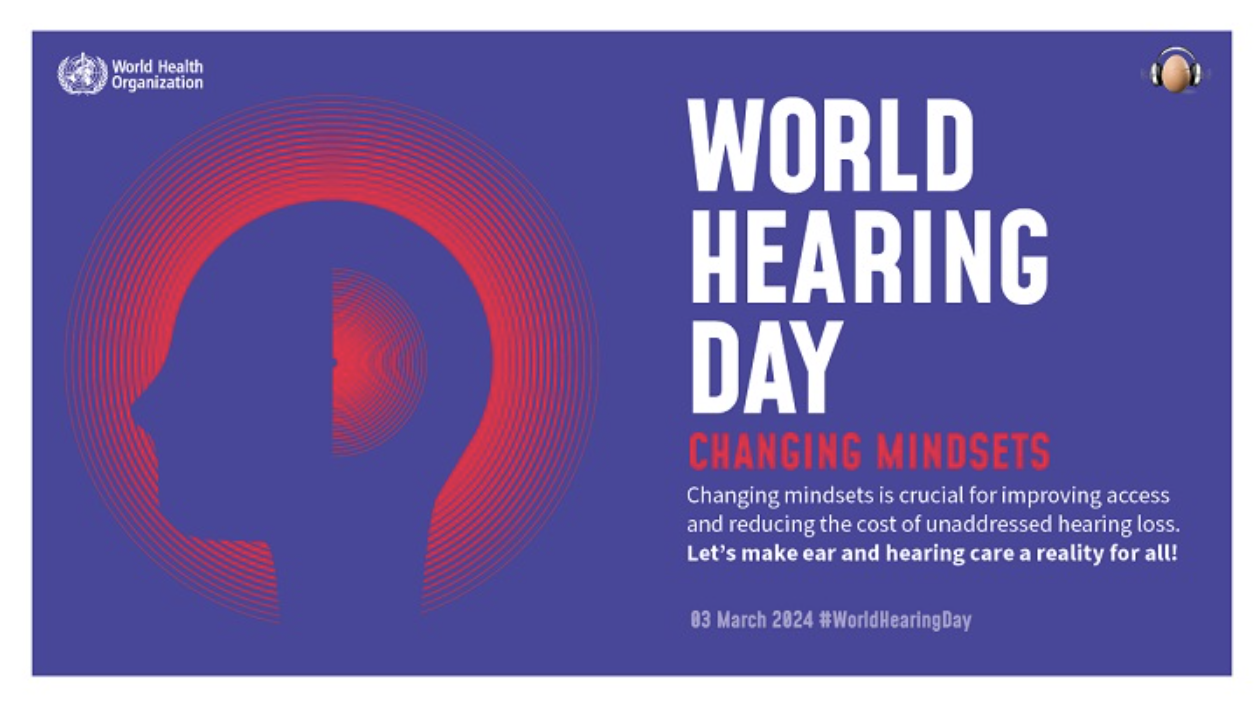
Watch: Understanding Tinnitus with Dr. Ben, Aud.
July 12, 2021
Interview with hard of hearing mama Janna Cowper
July 16, 2021Over the counter hearing aids may soon be a reality

On July 9, U.S. President Biden issued an Executive Order to promote competition in the American economy. Among the many initiatives federal agencies are directed to explore include over the counter hearing aids.
Executive Order
A White House Fact Sheet explains that President Biden is capitalizing on the country’s economic momentum with this Executive Order. “Promoting competition will lower prices for families, increase wages for workers, and promote innovation and even faster economic growth,” the Fact Sheet says.
In terms of hearing aids, the Health and Human Services Administration (HHS) has been directed to “consider issuing proposed rules within 120 days for allowing hearing aids to be sold over the counter.”
Why Over the Counter Hearing Aids are Important
According to the Fact Sheet, hearing aids are so expensive that only 14 percent of the approximately 48 million Americans with hearing loss use them. On average, they cost more than $5,000 per pair. This high cost is often not covered by health insurance. One factor for the expense is that people can only get hearing aids from a doctor or specialist.
“Hearing aids are so expensive that only 14 percent of the approximately 48 million Americans with hearing loss use them.”
This isn’t the first effort to make over the counter hearing aids more readily available. In 2017, Congress passed a bipartisan proposal to allow over the counter hearing aids. The Food and Drug Administration (FDA) under President Trump failed to issue the necessary rules to make this happen.
Read more: Buying hearing aids
Over the Counter Hearing Aids Aren’t for Everyone
When purchasing hearing aids from a professional, the consumer is paying for more than just the hearing aids.
“You’re buying the services of that professional. Your test, your screening, your fitting, the follow-up,” Kate Carr, president of the Hearing Industries Association told Marketplace.
The important distinction is that people who are hard of hearing or who have mild to moderate hearing loss don’t necessarily need all those services. At least, that’s the view of the Biden administration. The American Speech-Language-Hearing Association (ASHA) has a caveat: “While a medical evaluation may not be necessary for every instance of hearing loss, ASHA considers consultation with an audiologist to be a critical component of ensuring good hearing health and consumer protection – even if a consumer chooses to purchase an OTC hearing aid. Studies have shown that adults tend to underestimate their hearing loss when undertaking a self-assessment. Audiologists are trained to assess medically treatable causes of hearing loss and to ensure that any technology used to assist with hearing loss is appropriate or safely customized for each individual patient. Hearing loss is different in every person!”
ASHA collaborated with allied stakeholders and developed a series of evidence-based recommendations for the FDA to consider that “ensured the safety, effectiveness, and proper marketing of OTC hearing aids, as well as the importance of an audiologist in hearing health care. ASHA is hopeful that this Executive Order, coupled with the placement of this rule on the Administration’s most recent regulatory agenda, will finally prompt necessary action.”
What Happens Next?
The Hearing Review reported that HHS will likely issue its proposed recommendations for comment sometime in the next couple of months. The Hearing Industries Association says that once the proposed rules are issued, there will probably be a 60-day comment period followed by a 180-day period. It is during this longer period when the “FDA reviews comments, makes changes, writes a preamble, and obtains necessary signoffs,” The Hearing Review stated. The final review is published in the Federal Register and rules typically go into effect 30 days later. Clearly, over the counter hearing aids won’t appear overnight. As The Hearing Review shared, most likely the earliest they’ll be available will be late summer 2022.



